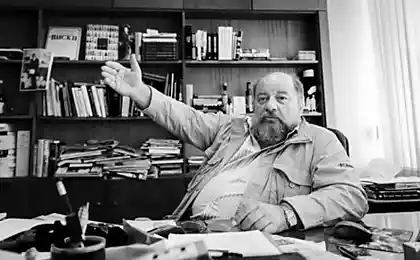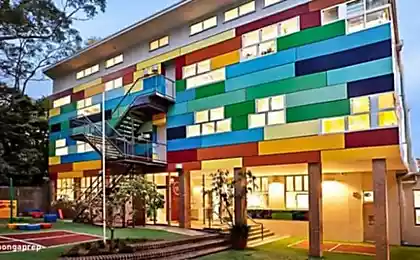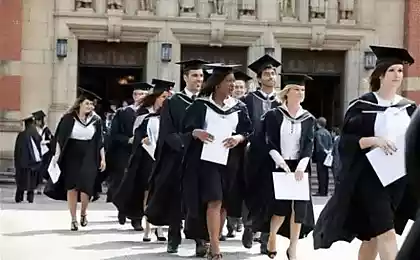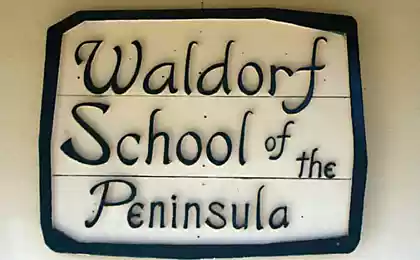613
Education of the senses: the 5 best music schools in Europe
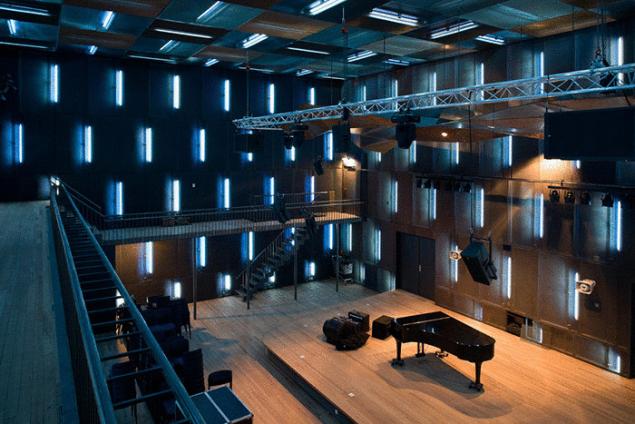
Conservatory Of Amsterdam
"Theory and practice" was chosen best musical schools in Europe and tried to understand their pros and cons: music label at the Royal Academy of music, an outstanding program for oboist in Paris, light wells in Amsterdam and folklore in Hungary.
Royal Academy of music, UK
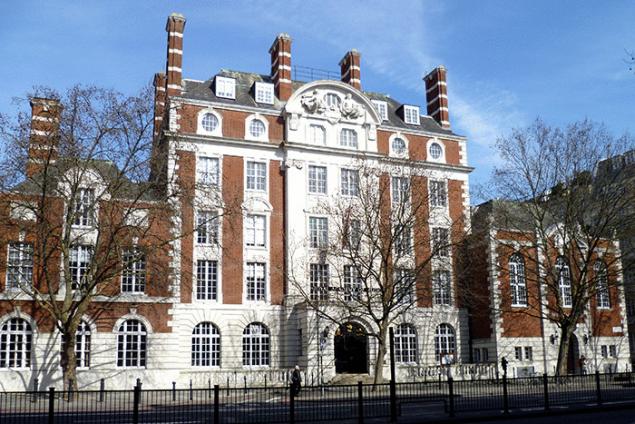
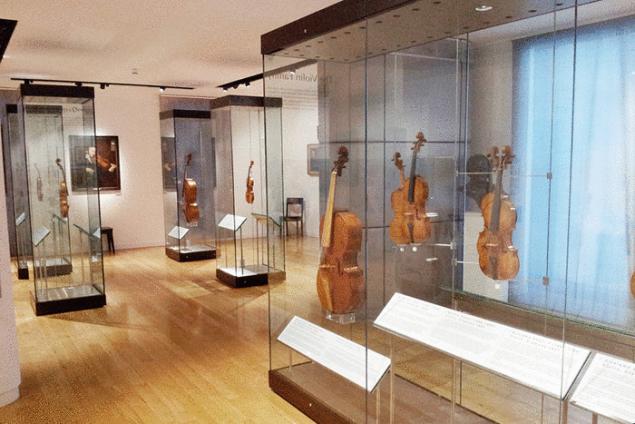
This Academy, located in the heart of London, near Regent's Park — the oldest of the English music schools, it has existed since the beginning of the XIX century. Thus today the University is quite modern: there is a well equipped recording Studio (the school has its own music label), several concert and about a hundred rehearsal halls, theatre.
In addition to performing academic study programs, there are also jazz and theatre. The Academy is known in music circles for his Opera and vocal programs. It should be noted that among a long list of eminent vocalists-graduates of pop musicians such as Annie Lennox and Elton John.
The cost of a year of study in bachelor and master programs is for foreign students with about 20 thousand pounds. Doctor become cheaper — about 12 thousand pounds per year. Don't forget about dear English life — according to estimates by the University administration for the year would have to spend about 11 thousand pounds. However, as in most other places, the most talented rely scholarships. They are appointed after an introductory listening and, later, at the end of the annual performance. All students have the opportunity to earn koncentrovana and jobs as administrative personnel at concerts.
The Paris national Conservatory, France
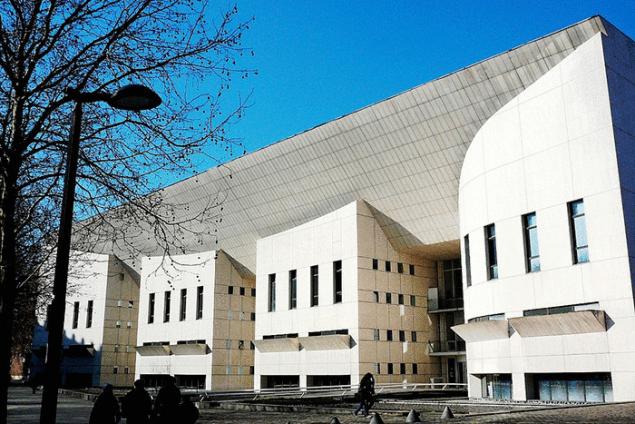
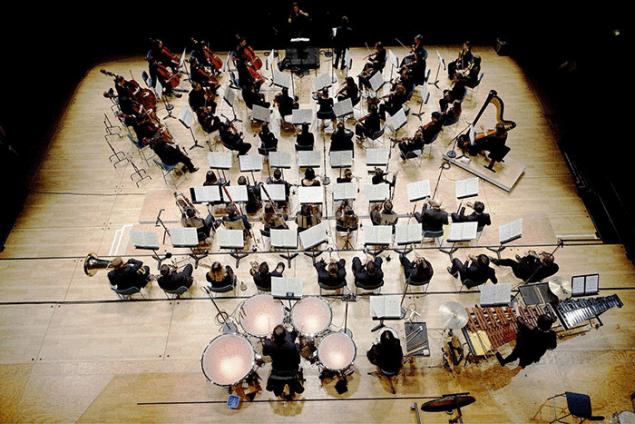
The Paris Conservatory is the oldest in Europe, a secular music school, which was founded in 1784 on the basis of the Royal school of singing and declamation. Conservatory repeatedly connected to other universities, and now teach here are not only musicians but also dancers.
The school has all the basic musical scholarship, and is famous for its predominantly high level of teaching in the classes of wind instruments, especially the oboe. School his teaching on this tool was created by the famous French oboist Maurice Burg.
Trained at the Paris Conservatoire free, but because the competition for admission is just huge and very hard to pass it. However, here, as elsewhere, the main thing — to please the teacher at the audition. Many, including the entrants-the French prefer to study first in one of the French regional conservatories (they are something like the Russian colleges), and then enter the national — so get in there easier.
In addition to scholarships, you can receive a refund of the money spent on housing. However, the amount is fixed and does not depend on place of residence. Those who are able to live in a Dorm — very lucky, as the severe legislation of France, on lease, make it very difficult for the students the process of finding an apartment.
Amsterdam Conservatory, Netherlands
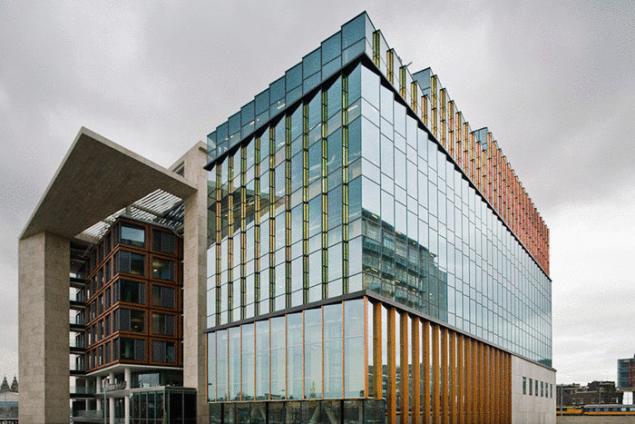
The Dutch University — the youngest University in the list, it was established in 1994, after a series of mergers with other schools of arts. In 2008, the Conservatory moved in and were almost at the station. Protecting professors and students from the train noise, the architects built a magnificent modernist building with its glass galleries and light wells — all this with a perfectly designed acoustic properties of each room. However, the school can boast of not only architecture and interior design — range of performance programs here is extremely wide: from early music and classical to jazz and pop music. However, the most fortunate, perhaps, to students of early music. Not only can they engage on authentic historical instruments, but also study according to the tradition established by Gustav Leonhardt, the most famous performer of Baroque music. He died in 2012, and before that personally taught at the Academy of Amsterdam and at Harvard.
Students who do not know the German language, feel free to enter here the number of English-language programs comparable to the number of German-speaking. However, for those wishing to have and course of German. The cost of a year of study on bachelor and master programs in the Conservatory is 4.5 thousand euros. On the scholarship program here can not count, but for talented students grants covering partially or fully the cost of training.
Vienna University of music and performing arts, Austria
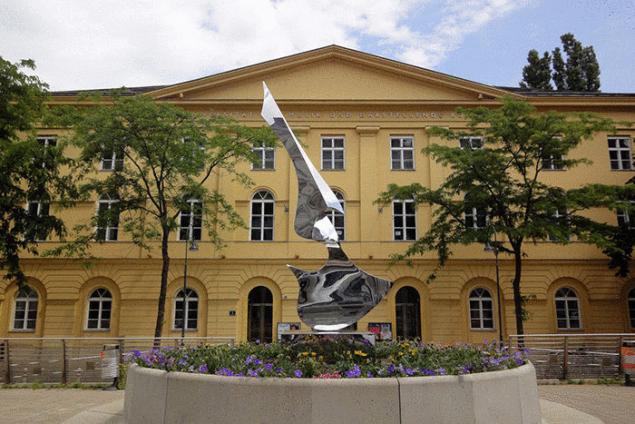
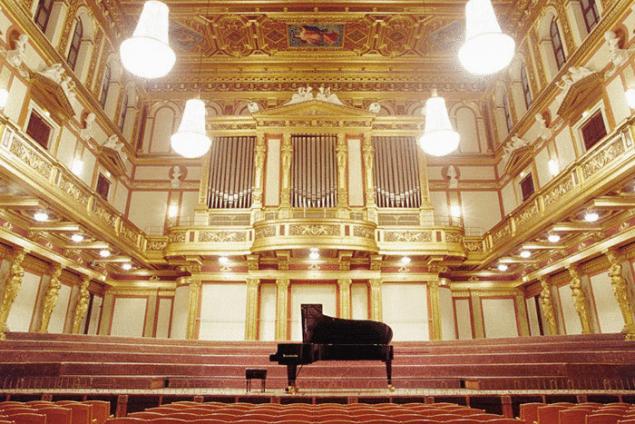
The University of Vienna was created in the image and likeness of Paris in the early nineteenth century. Early in his life he had only one faculty — singing, and led him then good composer from a bad "legend" — Antonio Salieri. Today the University of Vienna is one of the biggest music universities in Europe, in the year it produces about 3 thousand musicians and theorists of art. The school has maintained its legend — she to this day is considered the best place in Europe for training in Opera skills.
Training is conducted here in five areas. Musical and instrumental studies include the training of composers, conductors and performers, as well as programs Church music (separate Protestant and Catholic), vocals, and musical theatre directing. In the theater Department prepare Directors, actors and producers. The Department of film and television only one programme is concerned with music, it's called "Digital art. Composition." There are also departments of music teaching and doctoral programs.
Education here, as in other Austrian universities, it costs quite a bit less than a thousand euros per year. In addition, the University offers about 20 scholarships. Selection rules on them change regularly, so to get any scholarship, is regularly and closely monitor the updates on the website.
Academy Liszt Ferenc, Hungary
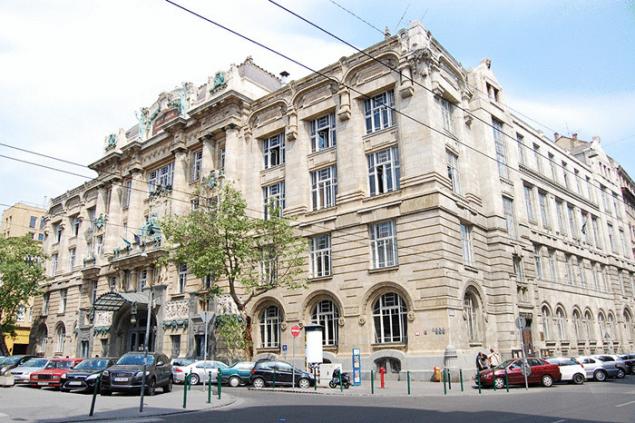
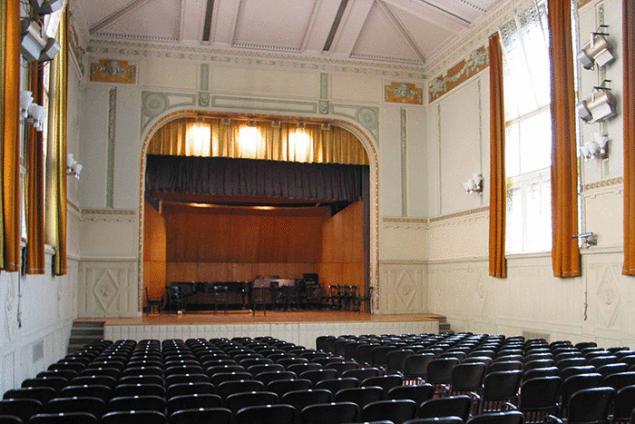
Academy Franz Liszt in Budapest — the leading musical University of Hungary. It was founded in the nineteenth century, but it continues to evolve and now — a couple of decades ago there appeared a jazz Department, most recently folk.
Most courses at the Academy are as in Hungarian and in English. For example, in English you can learn all the major orchestral programs, instrumental programs of early music and jazz, vocal and composition and training of conductors. By the way, jazz Department here is preparing not only performers but composers — and if you believe the reputation of the school, prepares them very well. In addition, the Academy is an institution of Zoltan Kodaly, producing music teachers. Interestingly, it is located in the building of the Franciscan order, built in the early XVIII century.
The cost of training at the Academy pretty much varies from faculty to faculty. Bachelor pay the lowest price folklorists (3300 euros), with the greatest conductors, singers and composers (7100 euros). Training in a magistracy in General is a little more expensive. For students from Russia available to the state scholarship program, as well as a number of grants for short-term programs published...
P. S. And remember, only by changing their consumption — together we change the world! ©
Source: theoryandpractice.ru
Smile more! The functional value of a smile
Ernest Henry Wilson: China is the homeland of all gardens


